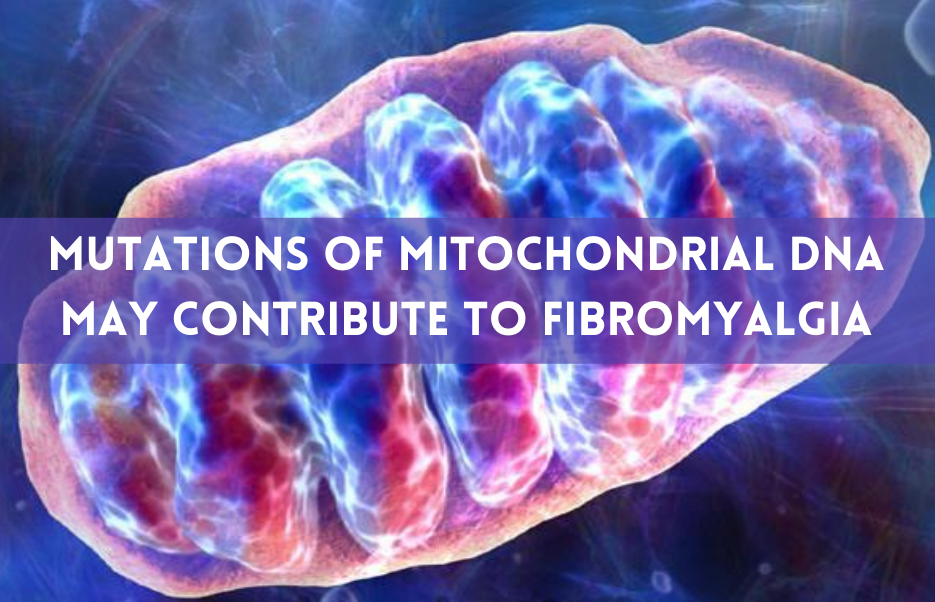 Research suggests that mitochondrial dysfunction (decreased cellular energy metabolism) has been shown to contribute to pain perception and chronic pain conditions. A recent research study examined the full mitochondrial genomes (mtDNA) of individuals with a variety of persistent pain conditions (CPPCs). They enrolled either normal controls or persons with fibromyalgia, IBS, episodic migraines, vulvar vestibulitis, or temporomandibular disorders. Whole blood was collected from each participant in order to perform mitochondria DNA sequencing. The strongest association found was the presence of the C allele at the single nucleotide polymorphism m.2352T>C that significantly increased the risk for fibromyalgia, especially for women. These results show that the mutation of m.2352T>C has a strong effect on the risk of fibromyalgia, suggesting a possible prevention of fibromyalgia involves detecting and restoring mitochondrial dysfunction.
Research suggests that mitochondrial dysfunction (decreased cellular energy metabolism) has been shown to contribute to pain perception and chronic pain conditions. A recent research study examined the full mitochondrial genomes (mtDNA) of individuals with a variety of persistent pain conditions (CPPCs). They enrolled either normal controls or persons with fibromyalgia, IBS, episodic migraines, vulvar vestibulitis, or temporomandibular disorders. Whole blood was collected from each participant in order to perform mitochondria DNA sequencing. The strongest association found was the presence of the C allele at the single nucleotide polymorphism m.2352T>C that significantly increased the risk for fibromyalgia, especially for women. These results show that the mutation of m.2352T>C has a strong effect on the risk of fibromyalgia, suggesting a possible prevention of fibromyalgia involves detecting and restoring mitochondrial dysfunction.

